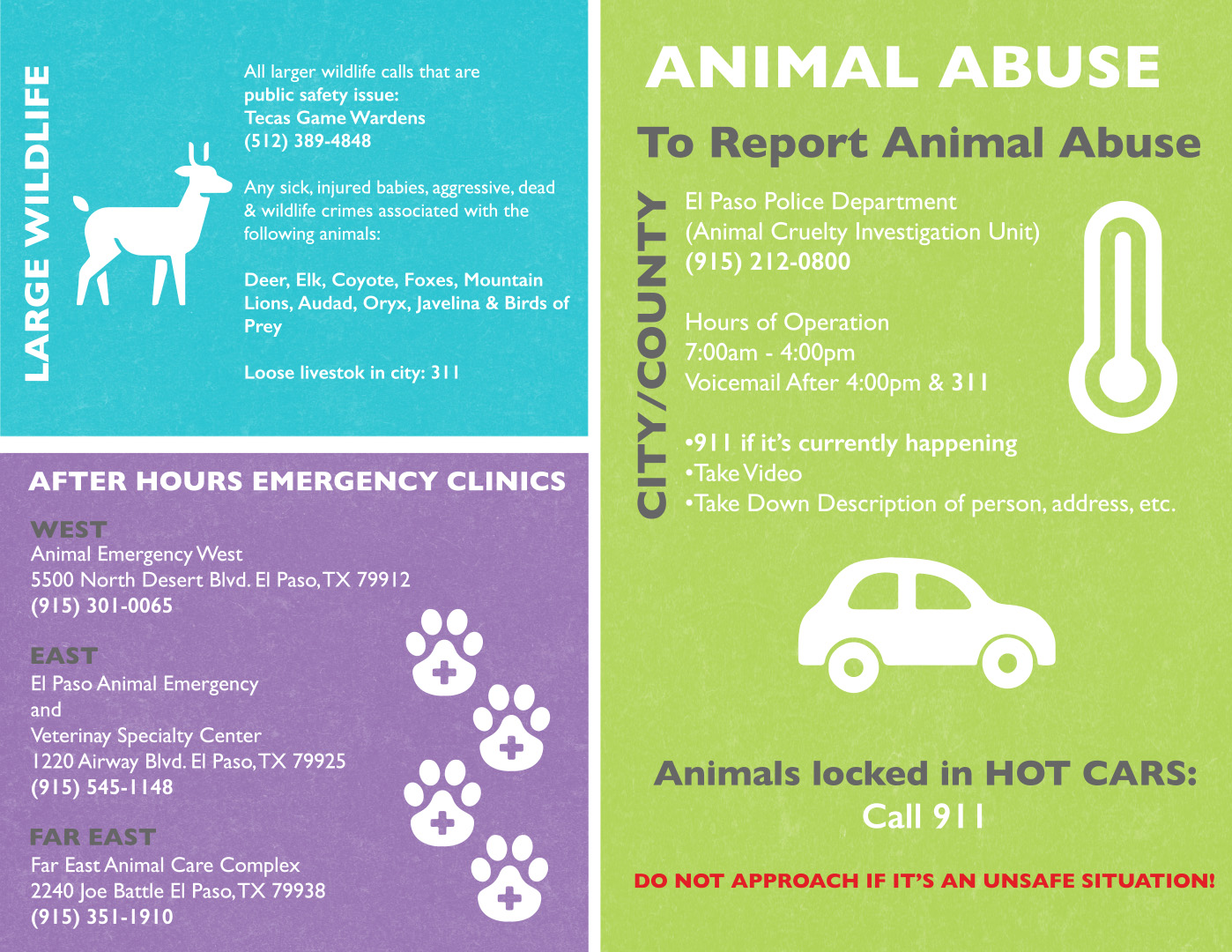Animal abuse remains a pervasive and pernicious issue that pervades every corner of society, often hiding in the shadows where it is neither seen nor addressed. Those who witness such abhorrent behavior may grapple with the question: Where should I report animal abuse? This inquiry is more than a mere logistical concern; it encapsulates a deeper societal dilemma regarding responsibility, morality, and the role of the community in safeguarding vulnerable lives.
The first step in confronting animal abuse is recognizing it. Animal cruelty can manifest in various forms—negligence, physical abuse, and even emotional harm. Signs of abuse may include malnutrition, untreated injuries, chronic fear, or even abandonment. Every one of these manifestations serves as a clarion call to individuals to intervene, yet many remain paralyzed by uncertainty about what to do. This brings us to the central focus: reporting mechanisms and the importance of acting decisively.
Where to report animal abuse varies broadly depending on the region and available resources. Primarily, one should initiate the reporting process with local animal control agencies or humane societies. These organizations are often equipped with the authority and expertise to investigate claims of abuse thoroughly. They typically provide essential support through medical assistance for the animals involved and engage in legal pursuits against the abusers.
Animal control agencies generally operate at the municipal or county level, and their specific contact information can often be found online. These entities are empowered to enforce animal welfare laws, making them the first line of defense for an animal in distress. In many cases, a quick internet search can yield results, directing potential reporters to the appropriate department.
In addition to local animal control, one must not overlook the increasing influence of non-profit organizations dedicated to animal welfare. These entities, such as the Humane Society or SPCA, often run programs aimed at educating the public about animal rights and cruelty prevention. They not only serve to report abuse but also advocate for legislative measures to enhance protections for animals. Therefore, reaching out to such organizations can be a dual-purpose action—reporting abuse while also contributing to a larger dialogue about animal rights.
At times, however, immediate assistance may be required that exceeds these local organizations’ capacities. In such instances, contacting law enforcement is paramount. Depending on the severity of the situation, abuse may be classified as a misdemeanor or felony, which grants police authority to intervene. While it may feel daunting to involve law enforcement, it is vital to remember that animals require urgent action, much like any other victim of abuse.
It is crucial, however, to approach the situation with a balanced perspective. Individuals reporting animal cruelty should gather as much information as possible before making a complaint. This includes taking detailed notes regarding what was witnessed, including dates, times, descriptions of the animal(s), and any relevant circumstances. If feasible, photographic evidence can bolster claims, although one must prioritize safety when gathering information about potentially dangerous situations.
One common observation among communities facing animal abuse crises is the reluctance of onlookers to get involved. Many individuals struggle with the fear of retaliation or the belief that their intervention won’t lead to any tangible change. This reluctance fuels a cycle of silence that allows animal cruelty to persist unchecked. Ethical responsibility demands that we confront this aversion. Each reported incident has the potential to catalyze action, leading to investigations that might save an animal’s life.
This brings us to an essential point: the psychological barriers that inhibit people from taking action. Often, individuals ponder whether their observation was enough to warrant a report. The unsettling truth is that this indecision often leads to further neglect, indicating a deeper societal flaw in the collective attitude toward animal welfare. The moral obligation towards animals compels society not only to observe but to act decisively. This action, however, necessitates stepping beyond the confines of apathy, fostering an environment where animal welfare is regarded as everyone’s responsibility.
Moreover, one must consider the importance of community-based initiatives in combating animal abuse. Local advocacy groups can serve as invaluable resources, disseminating information on how to report abuse and the legal implications involved. By actively participating in or even establishing such organizations, individuals can enhance community engagement and awareness surrounding animal welfare issues. Thus, the act of reporting extends beyond a single incident; it becomes part of a broader movement aimed at eradicating animal abuse.
Another critical aspect is the legal framework surrounding animal welfare. Various states have enacted laws that govern the treatment of animals, which can influence the efficacy of reports. Understanding these laws can empower individuals, providing them with a clearer rationale for their actions. Knowledge of local statutes can bolster confidence in reporting by demonstrating that there are concrete consequences for abusers.
In summary, the question of where to report animal abuse is multilayered, intertwining legal, moral, and societal strands. Ensuring that animals receive the protection they deserve requires not only the establishment of reporting mechanisms but also the cultivation of a culture that values proactive responsibility. Everyone possesses the potential to be a voice for the voiceless, amplifying the significance of collective action. When abuse is witnessed, inaction only perpetuates a cycle of suffering. Therefore, acknowledge the signs, educate yourself and your community, and take strides toward making a meaningful impact. Don’t stay silent—report what you see and be part of a change that ensures a safer world for animals.








